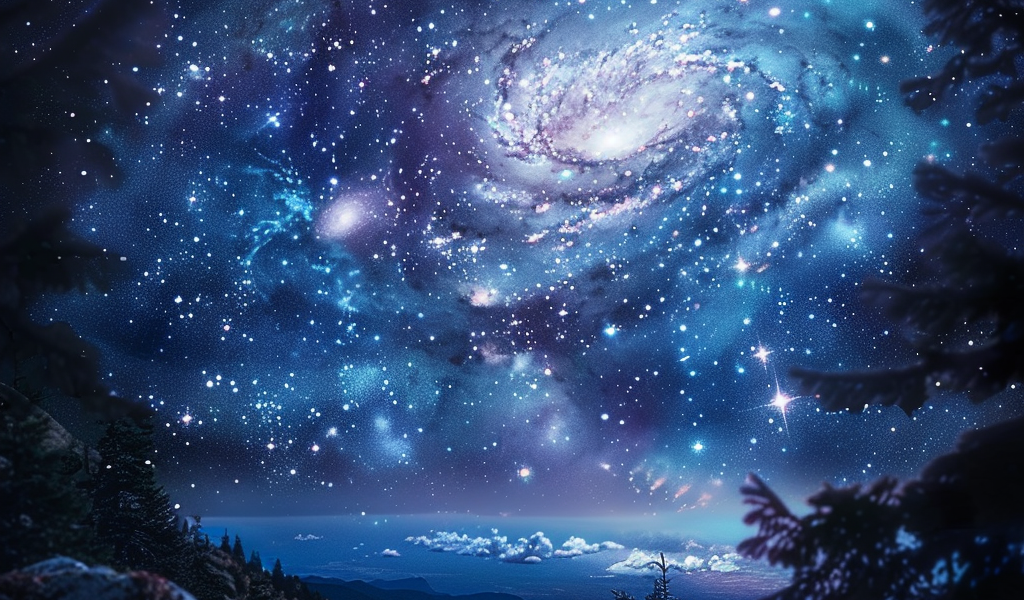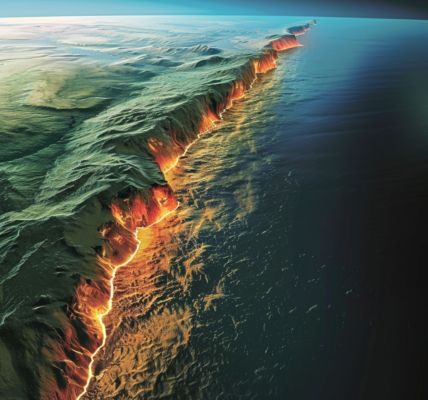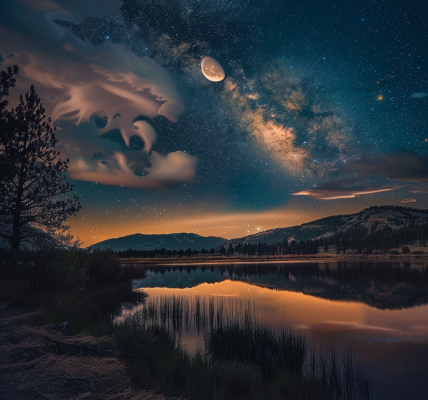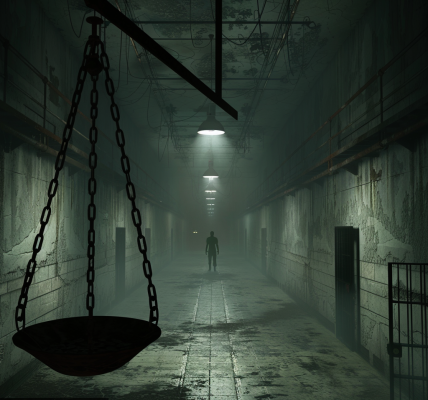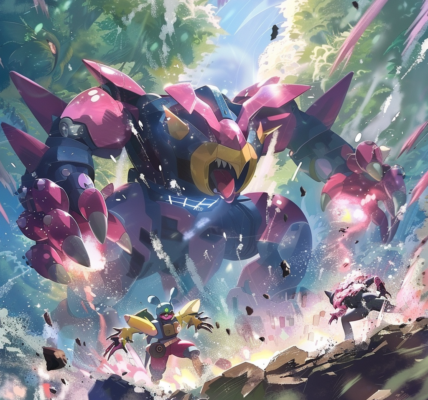Is the end of our Universe destined to mirror its beginning? This thought-provoking question has been posed by Sara Wright, who wonders if the current state of the Universe, dominated by dark energy, could lead to a new cosmic event akin to the Big Bang.
The concept of cyclic repetition is a familiar theme in fiction, from Peter Pan to Battlestar Galactica, and it raises the intriguing possibility of the cosmos following a similar pattern. The hot Big Bang, which marked the birth of our Universe, was preceded by a phase of rapid expansion known as cosmic inflation. As inflation came to an end, the energy inherent in space transitioned into particles, initiating the hot Big Bang.
Today, dark energy continues to drive the Universe’s expansion, prompting speculation about its potential connection to the initial inflationary state. Could the current presence of dark energy signify that the Universe is in a false vacuum state, and if so, what implications does this hold for the future?
Cosmic inflation theory suggests that from a pre-existing state, a series of independent universes could be spawned as inflation persists, each existing in isolation from the others. Our Universe is believed to have originated from one of these ‘bubbles’ where inflation ceased, approximately 13.8 billion years ago.
The transition from the inflationary state to the hot Big Bang involved the decay of field energy in space, leading to the creation of particles through a process called reheating. This raises the question of whether a similar decay in the current state of space, driven by dark energy, could result in a recurrence of the Universe’s origins.
As we ponder the fate of our Universe, the parallels between its birth and a potential future rebirth offer a captivating avenue for exploration. The possibility of the Universe ending in a manner resembling its inception presents a thought-provoking inquiry into the cyclical nature of cosmic evolution.

